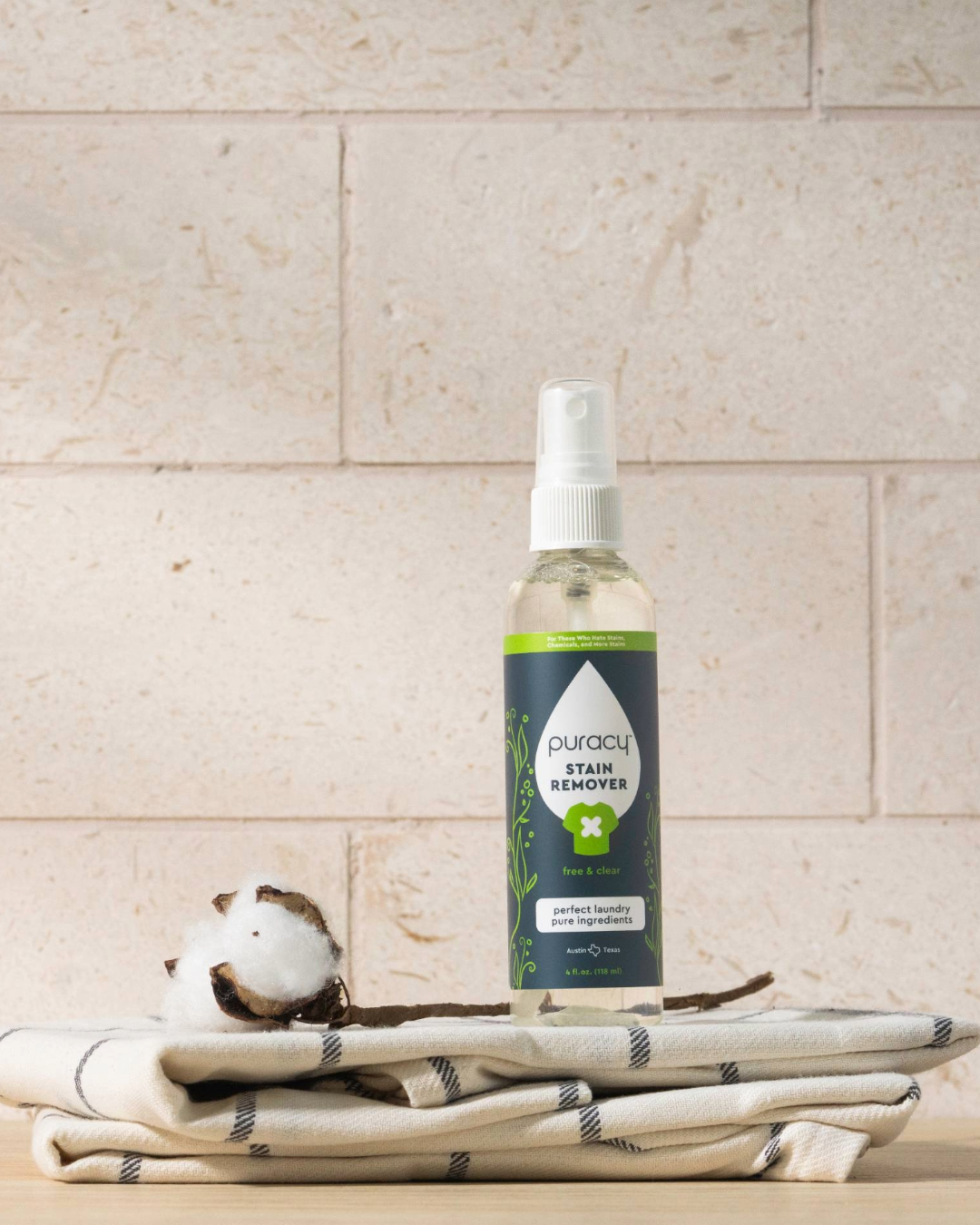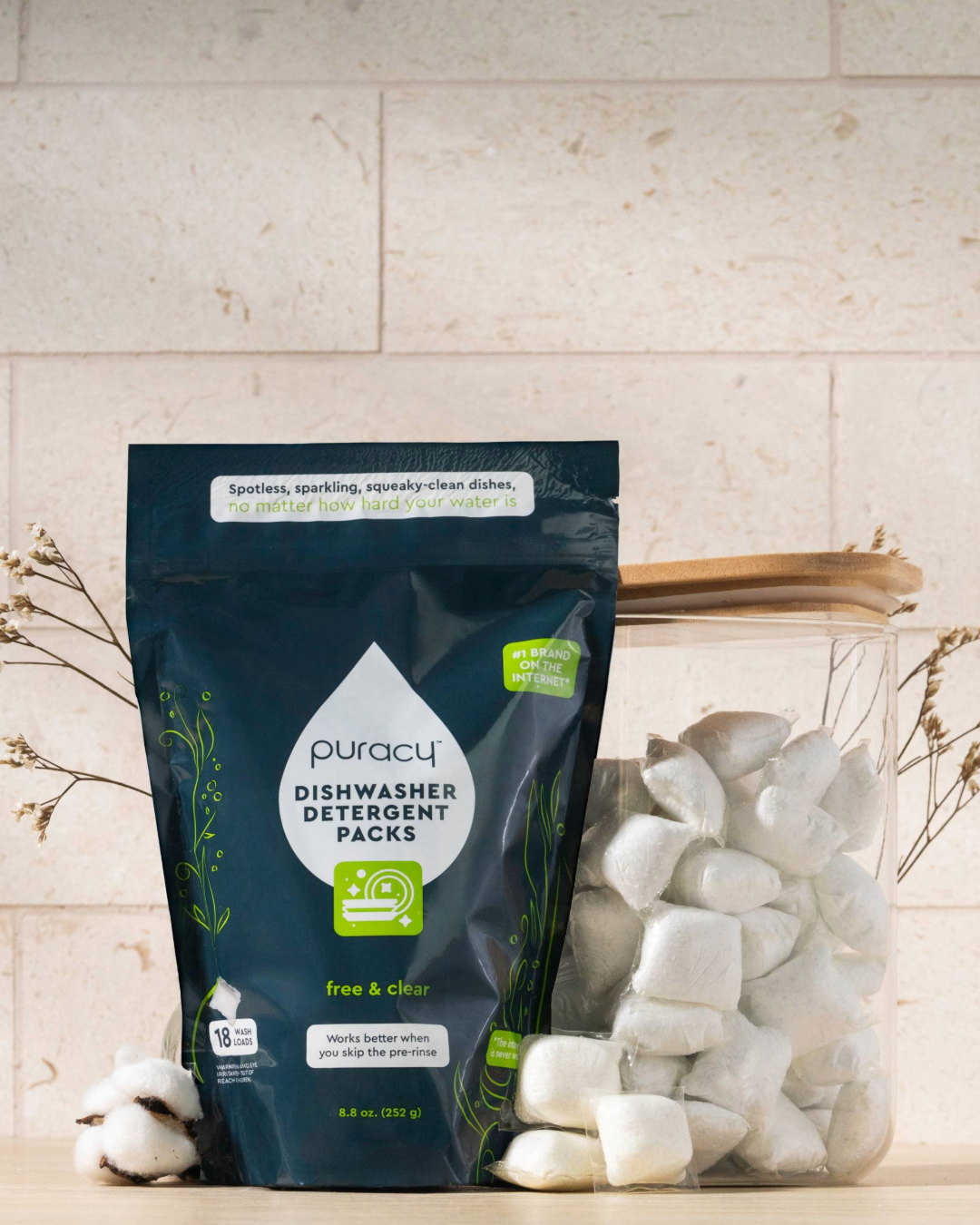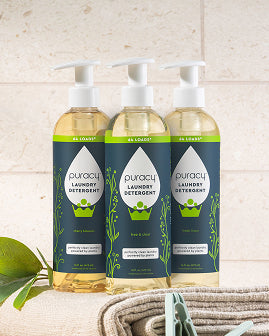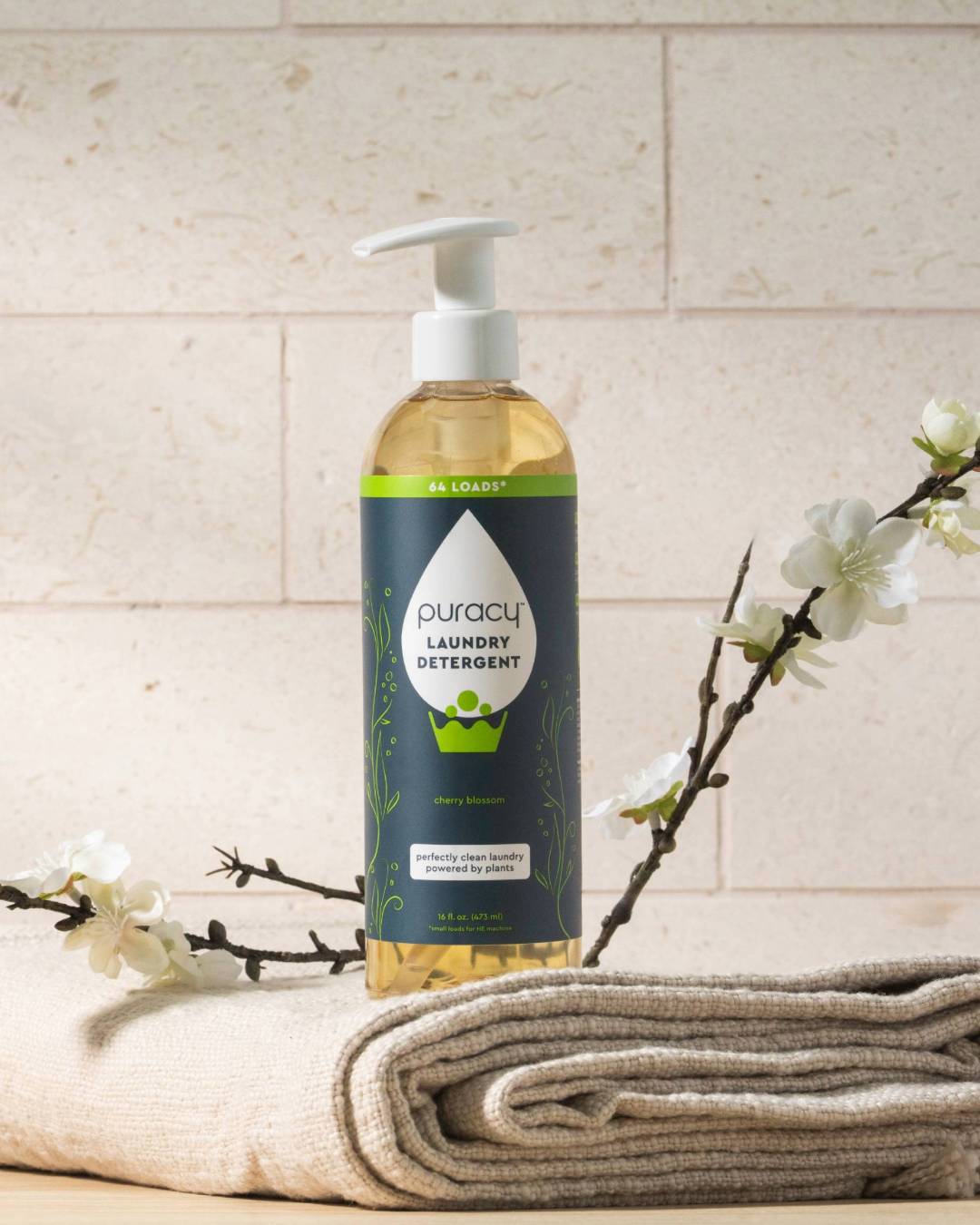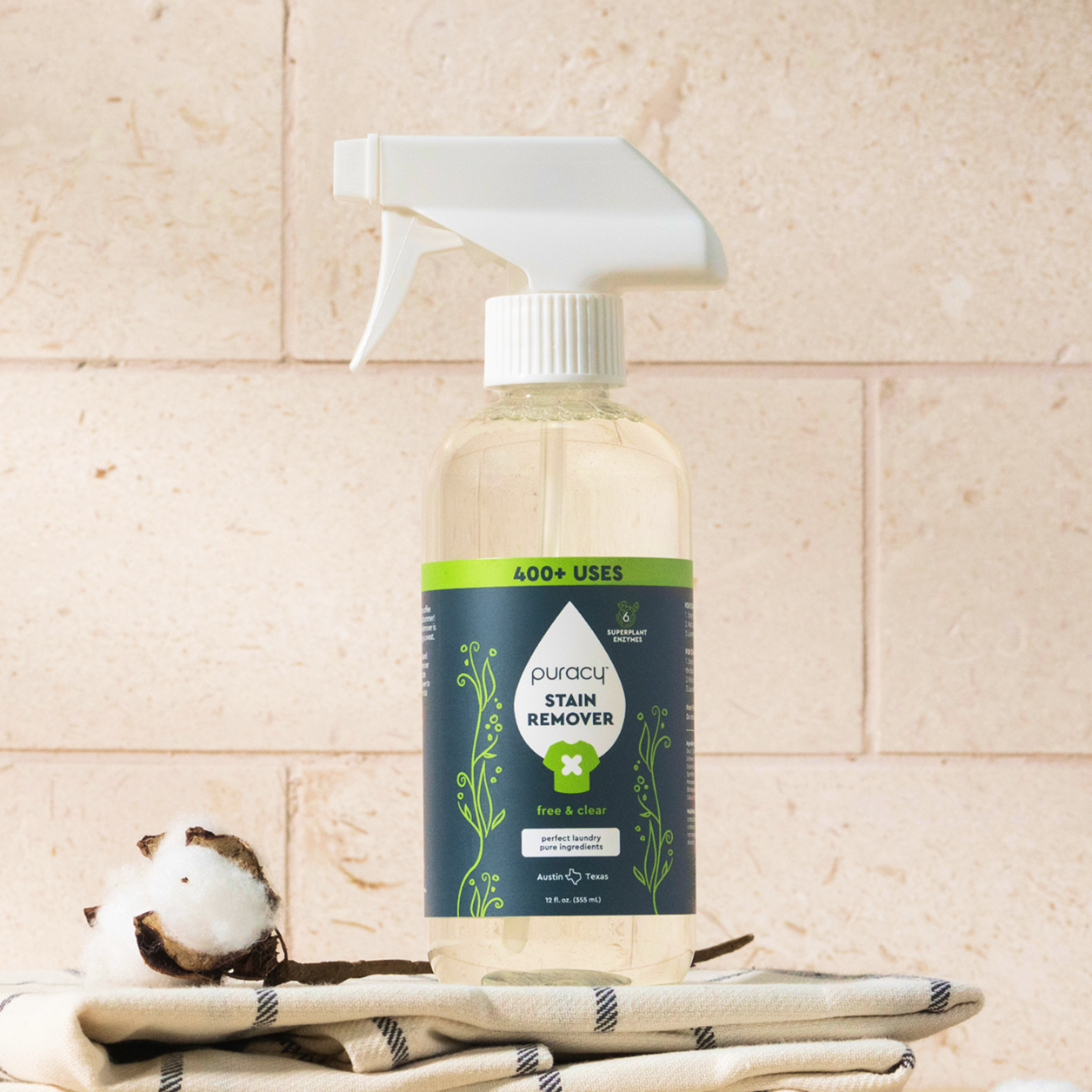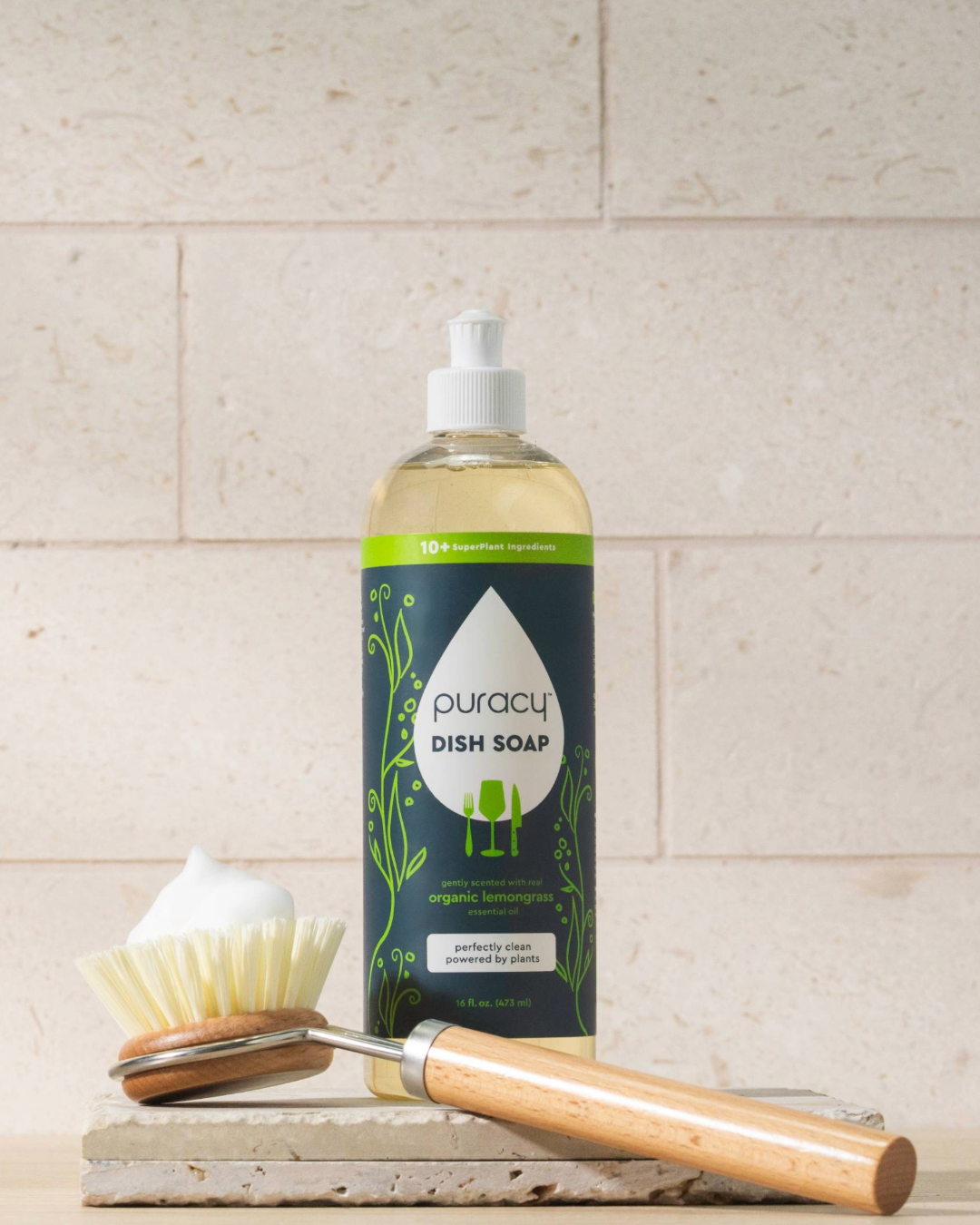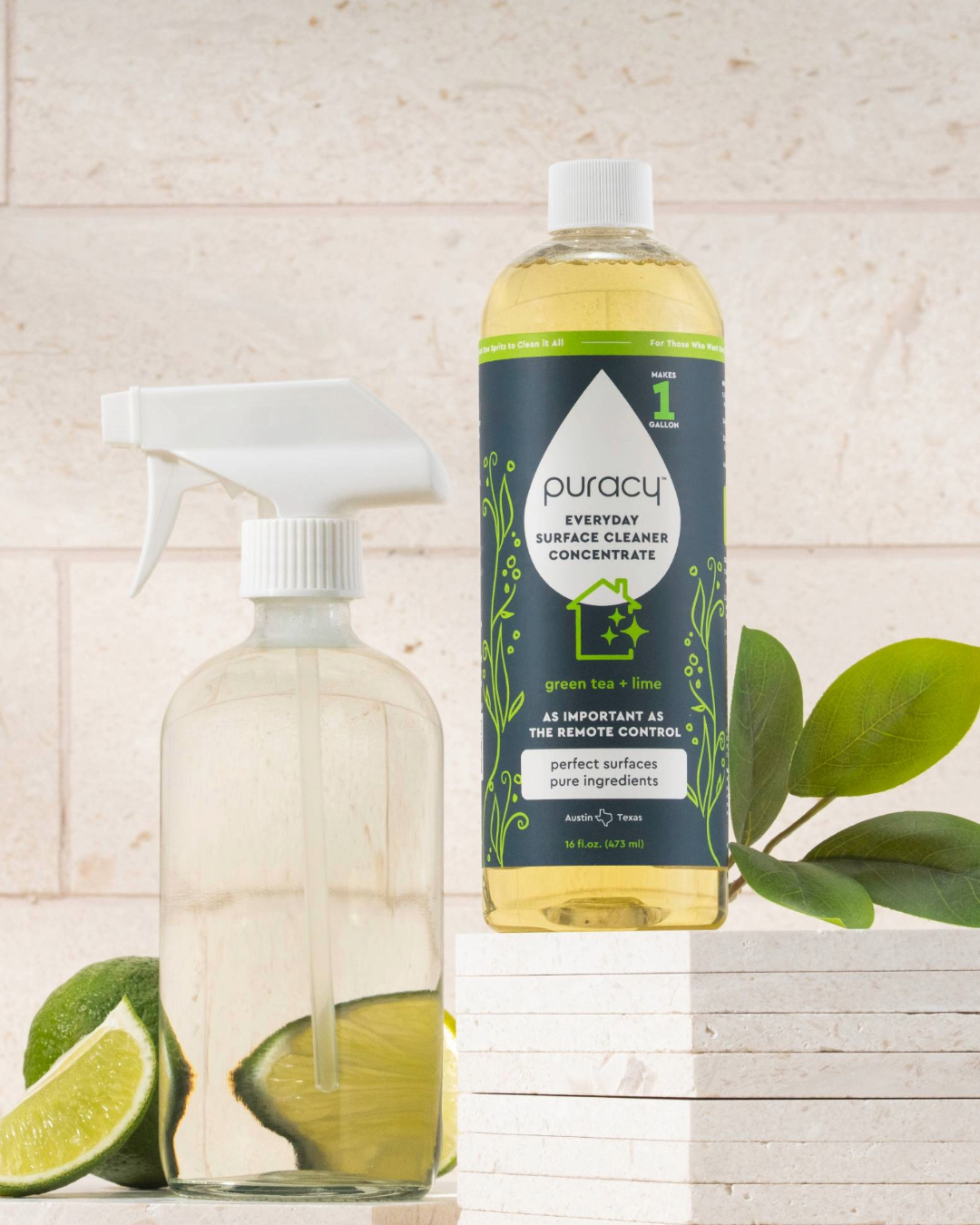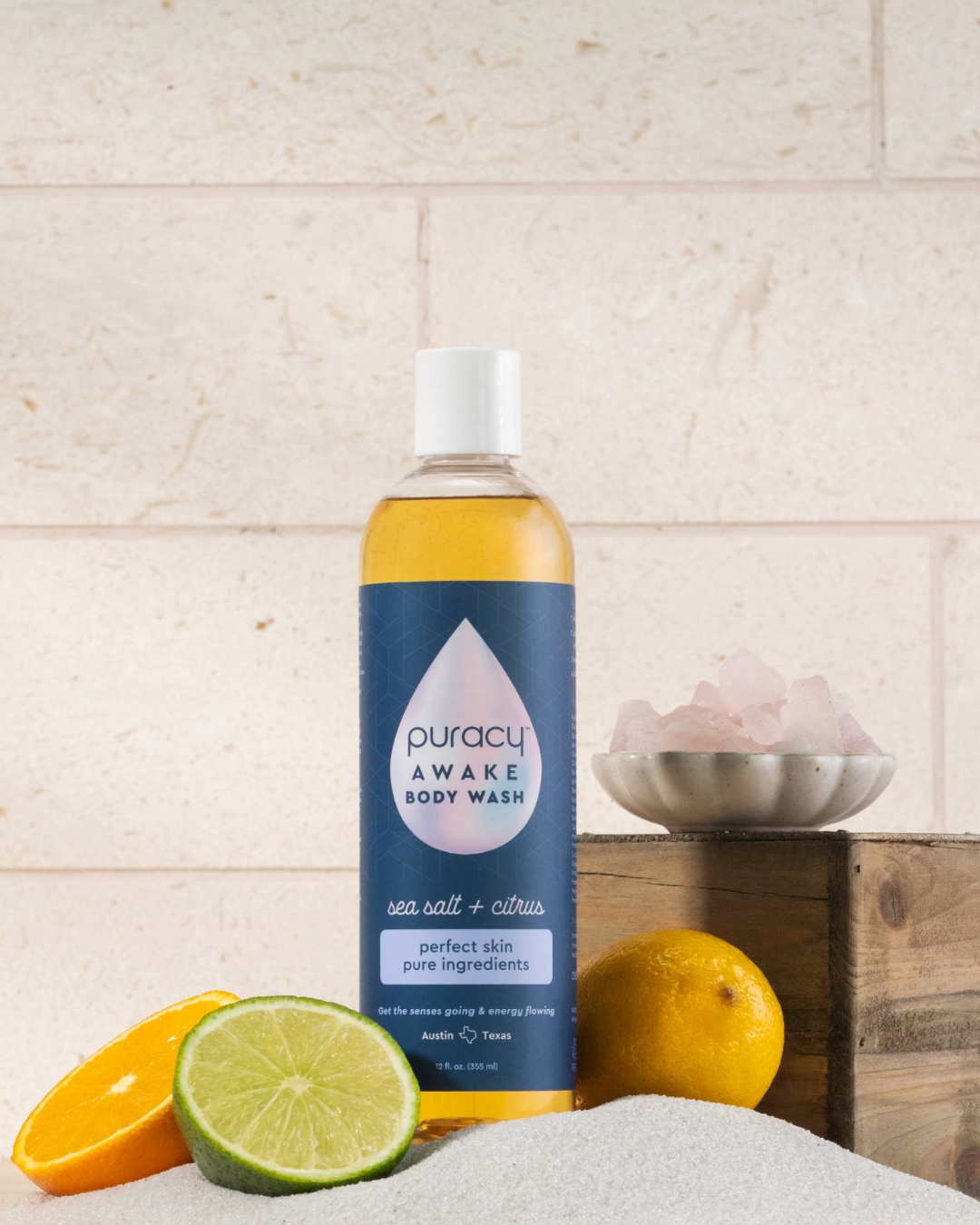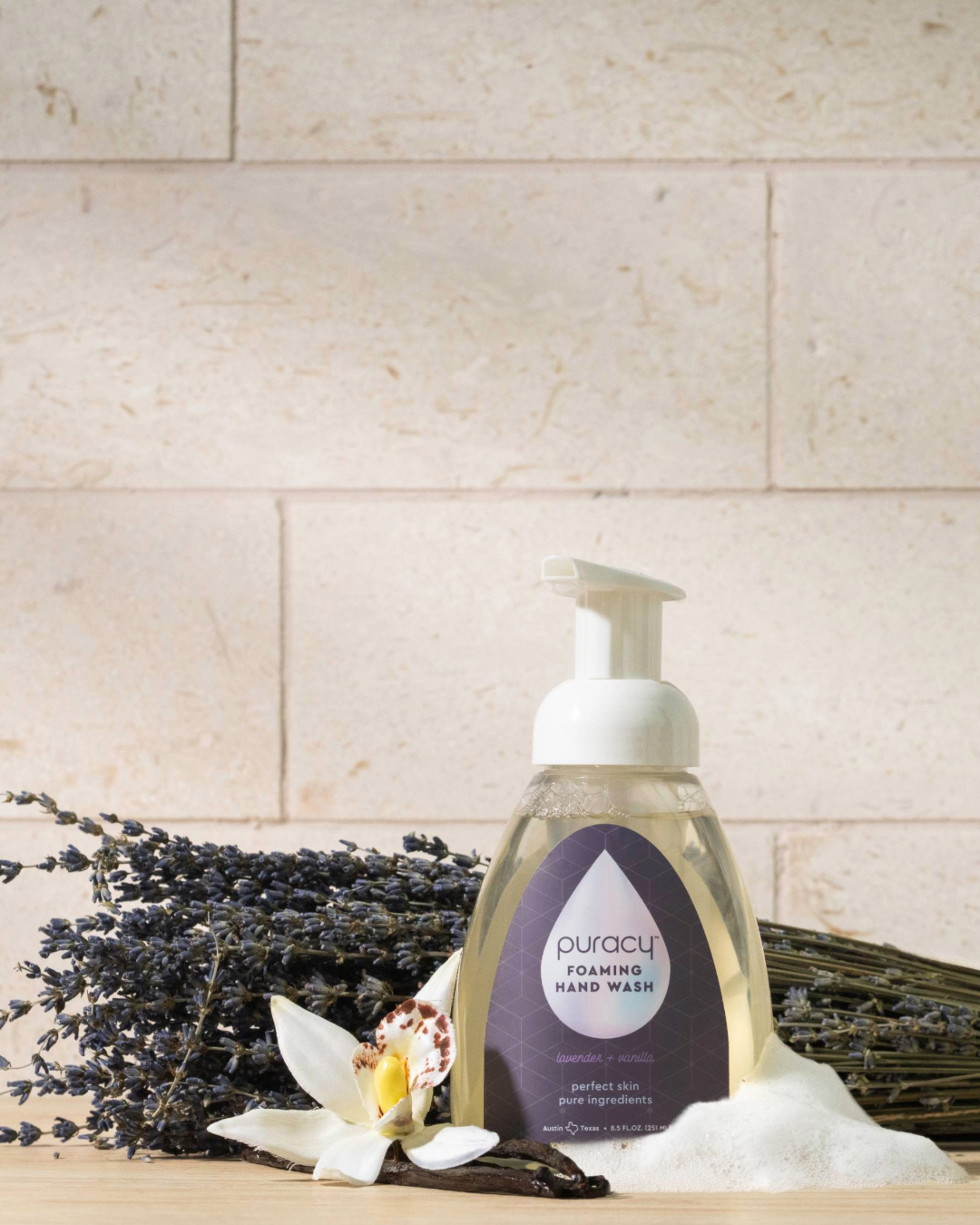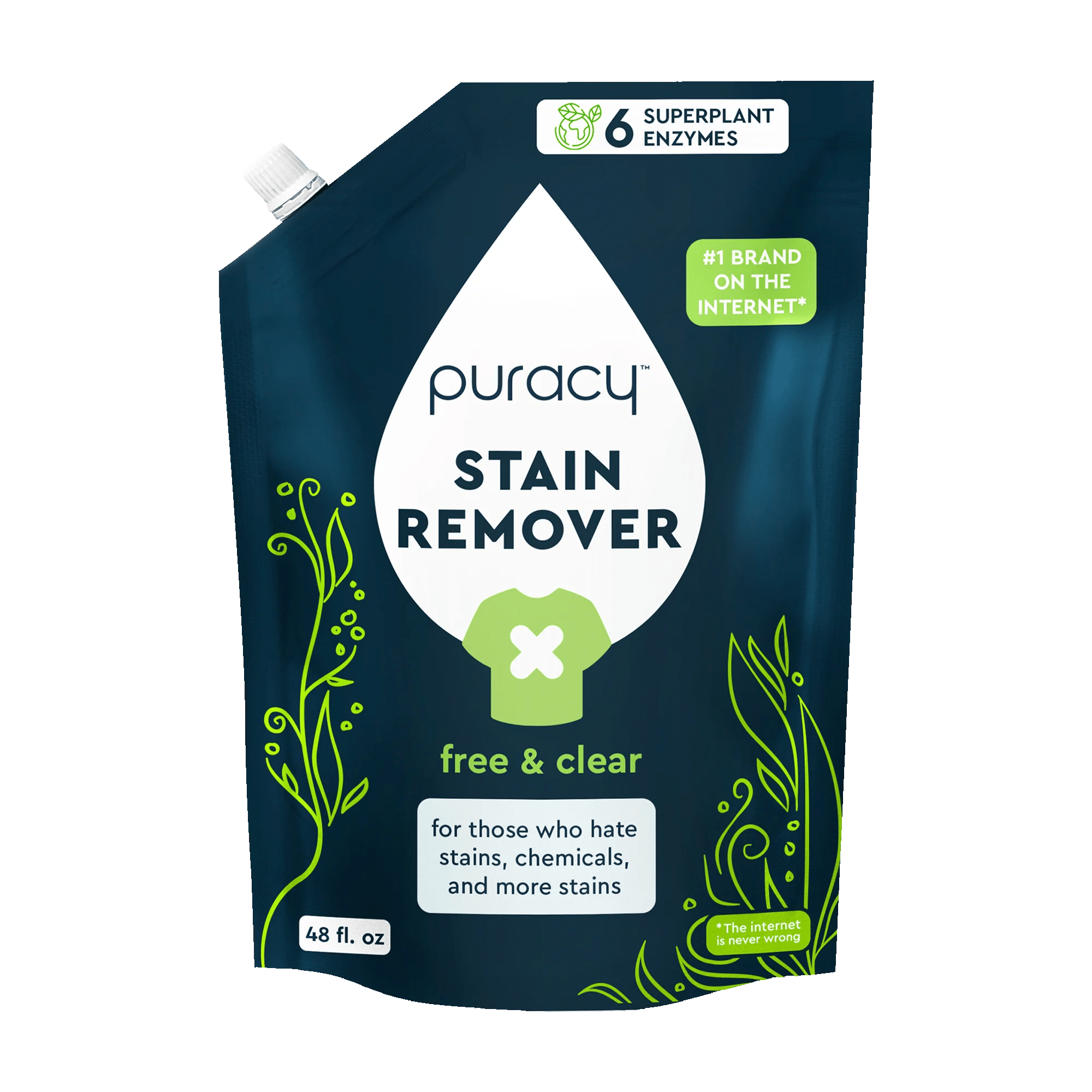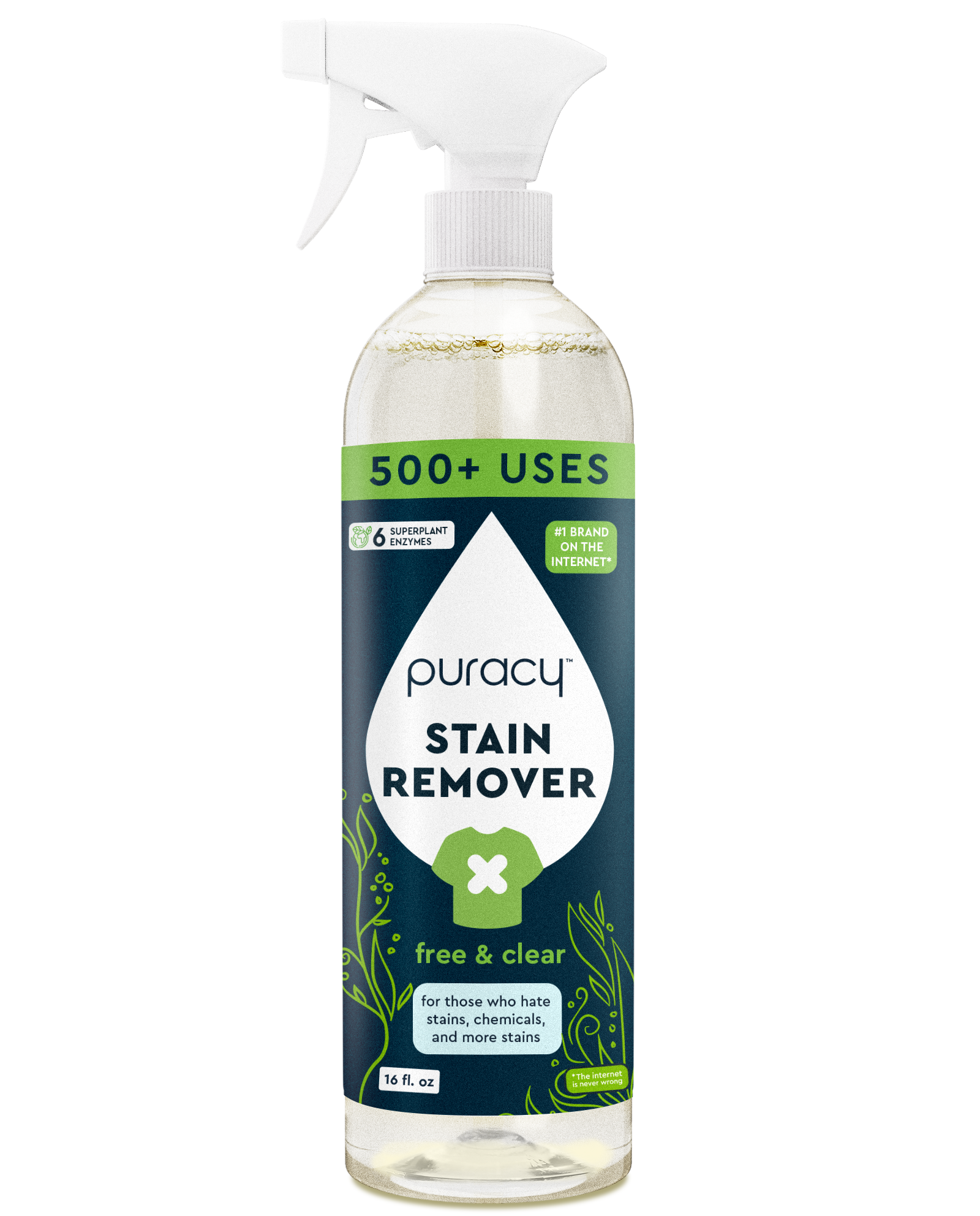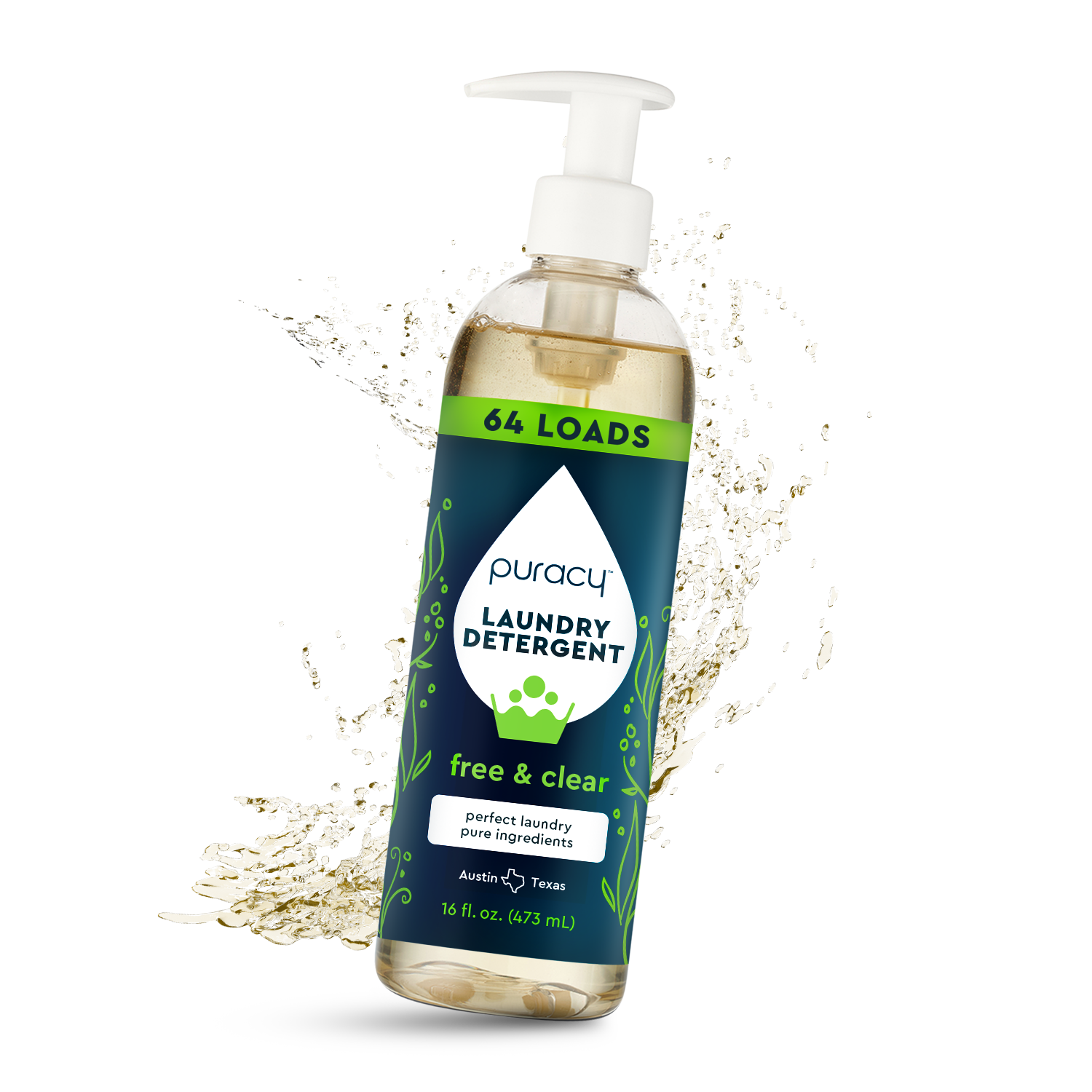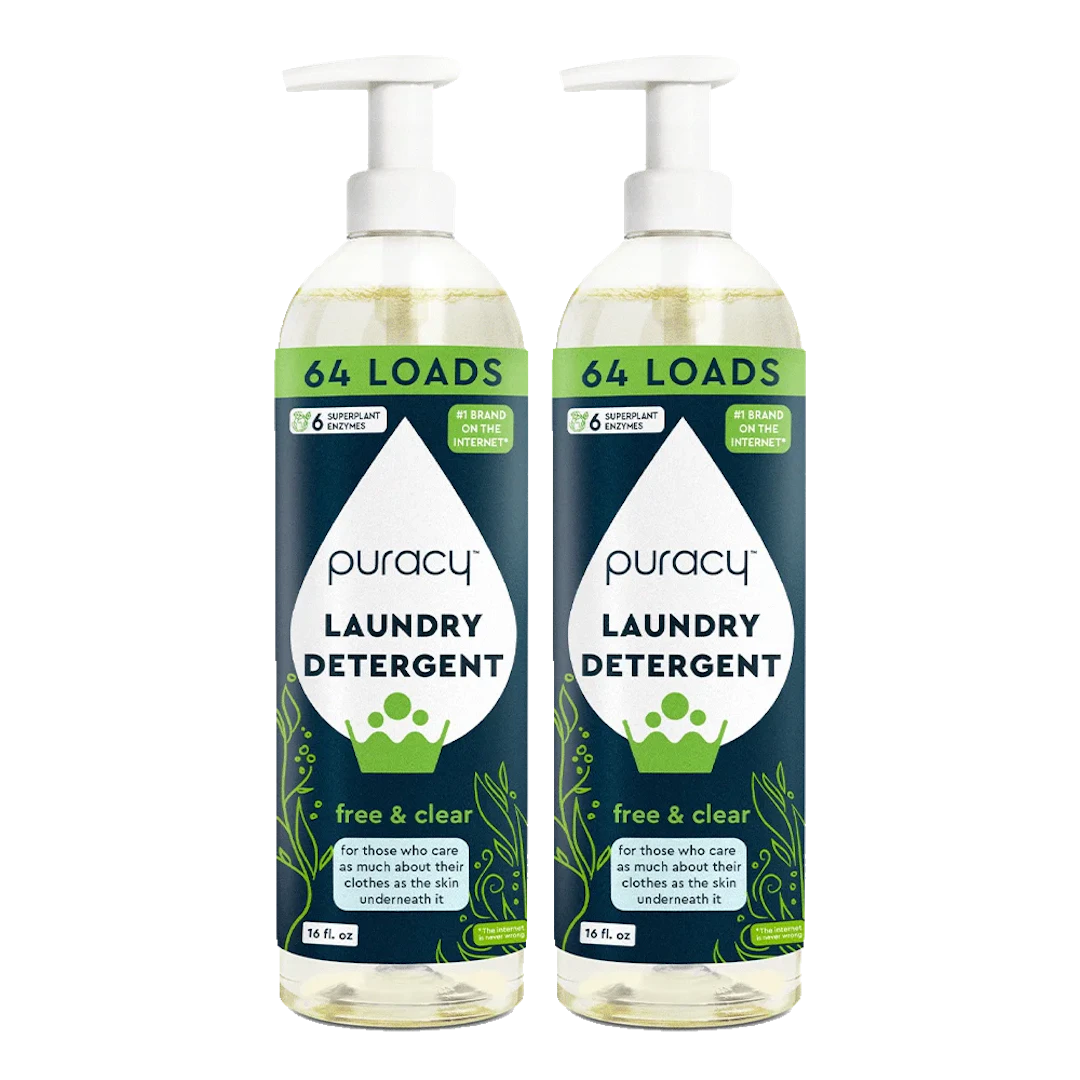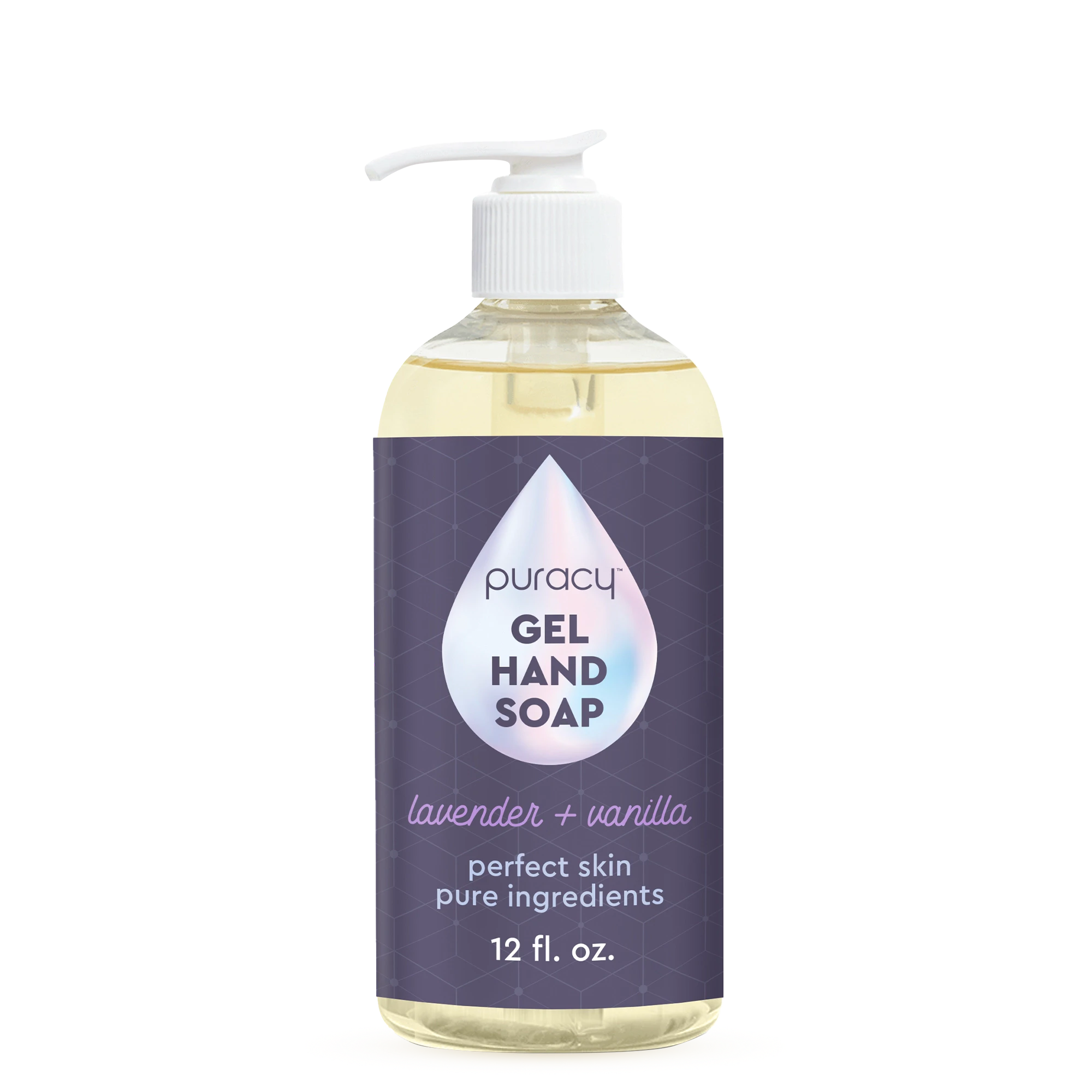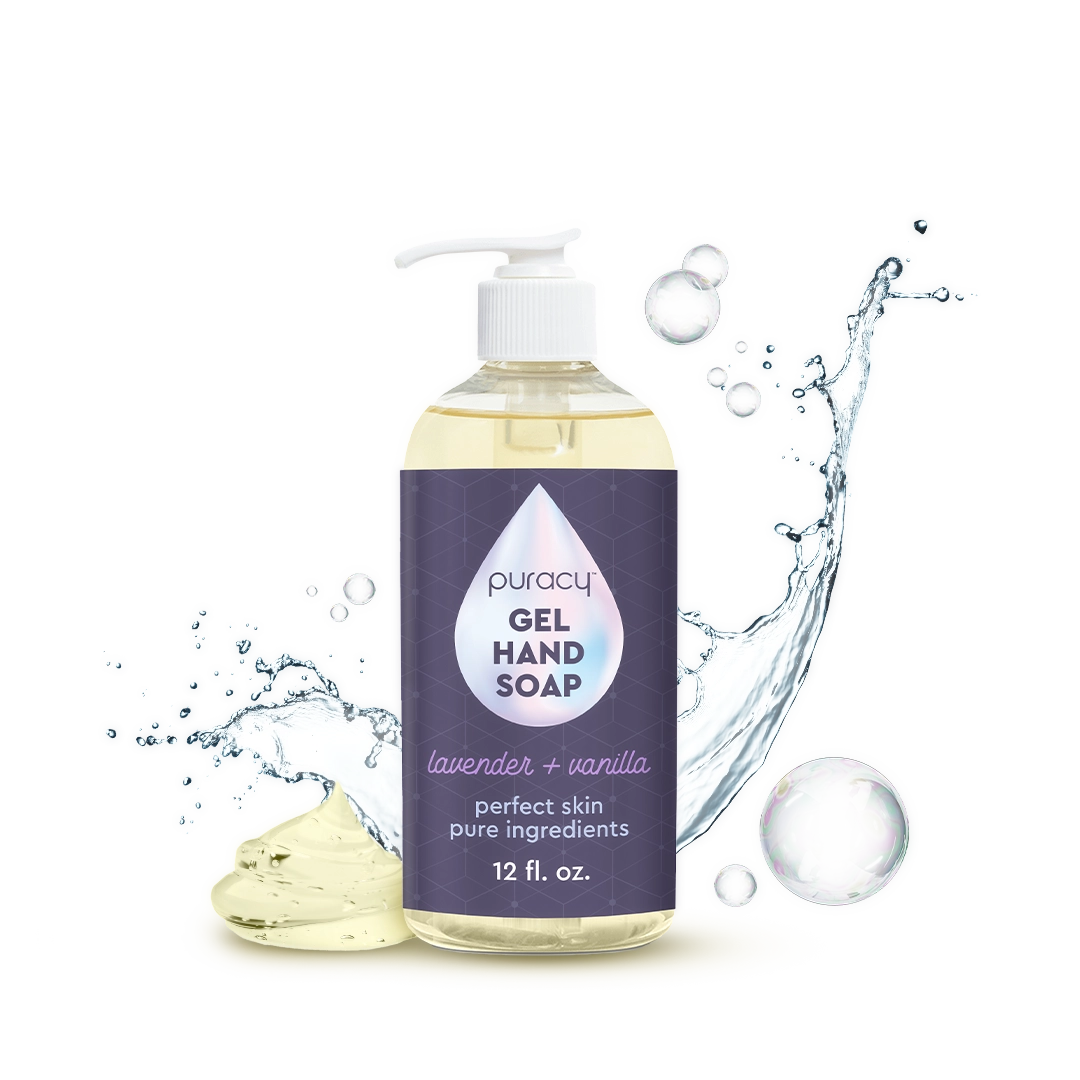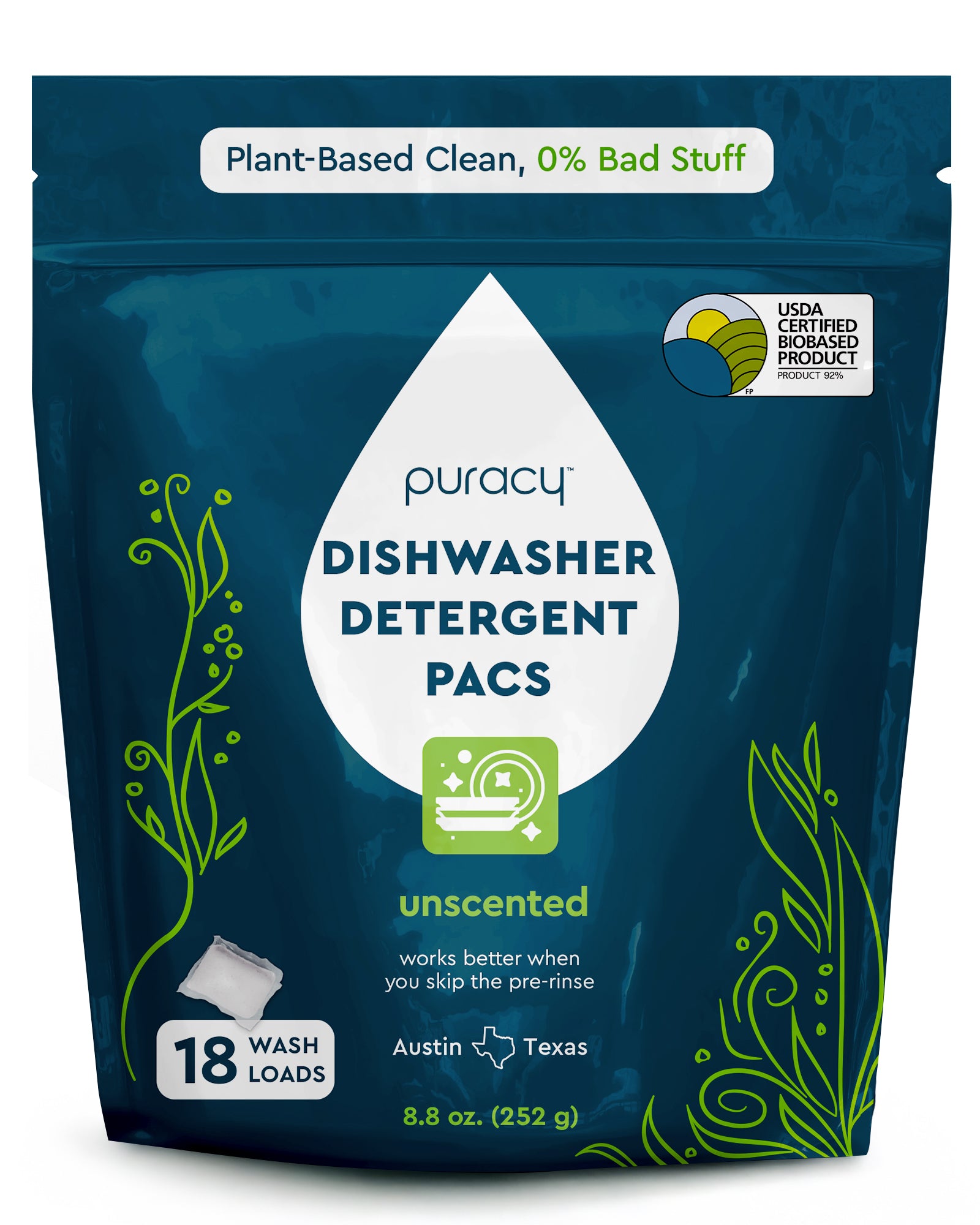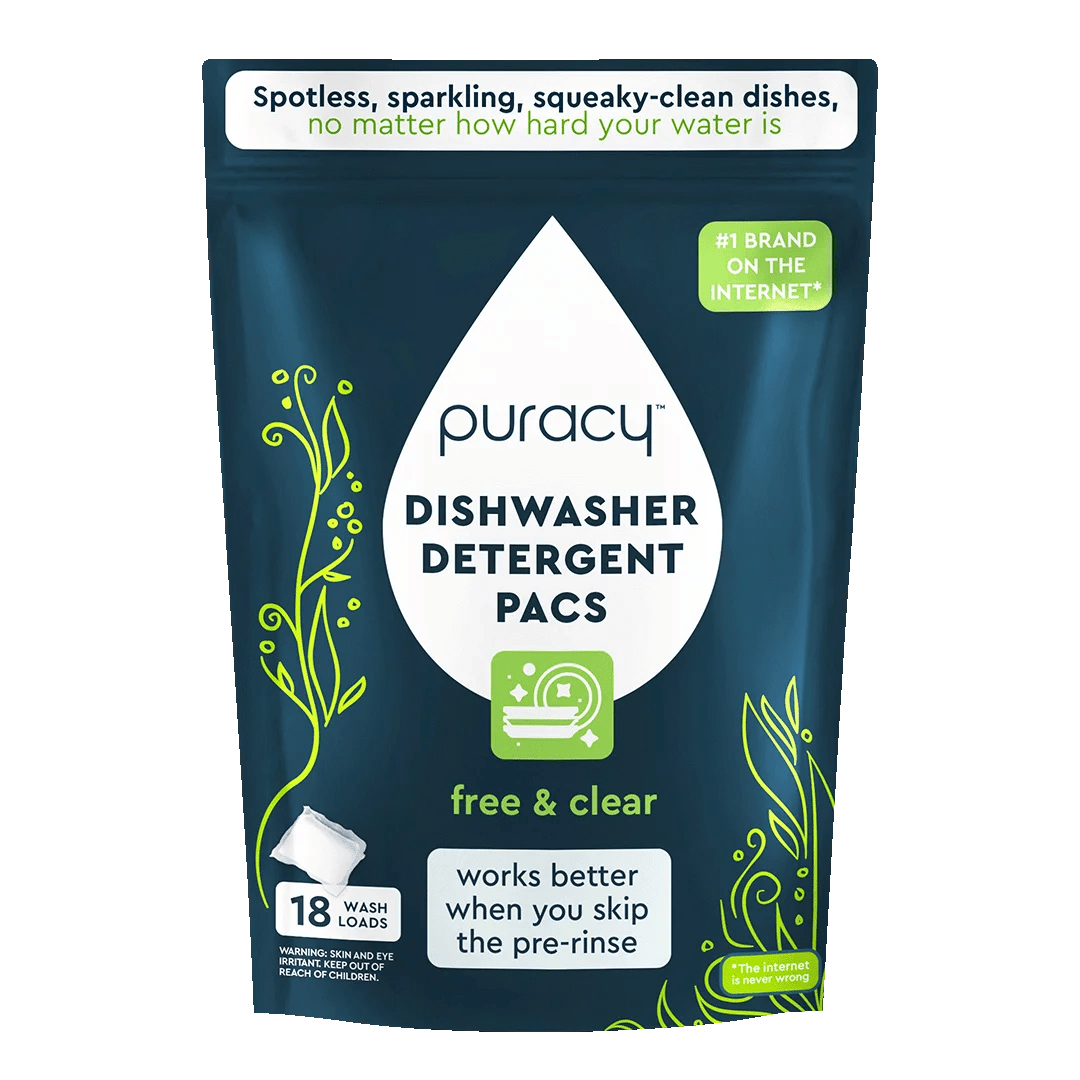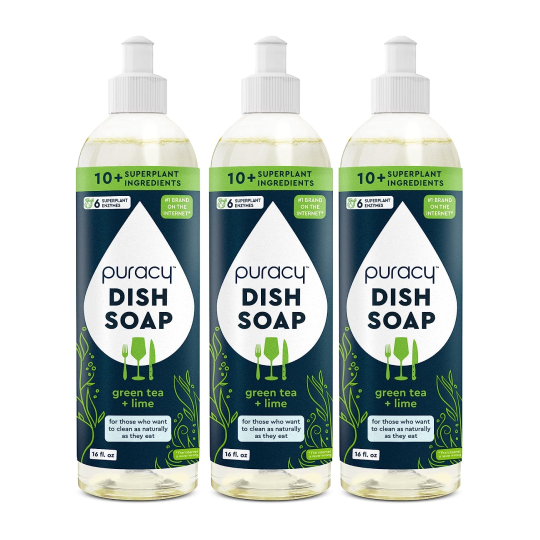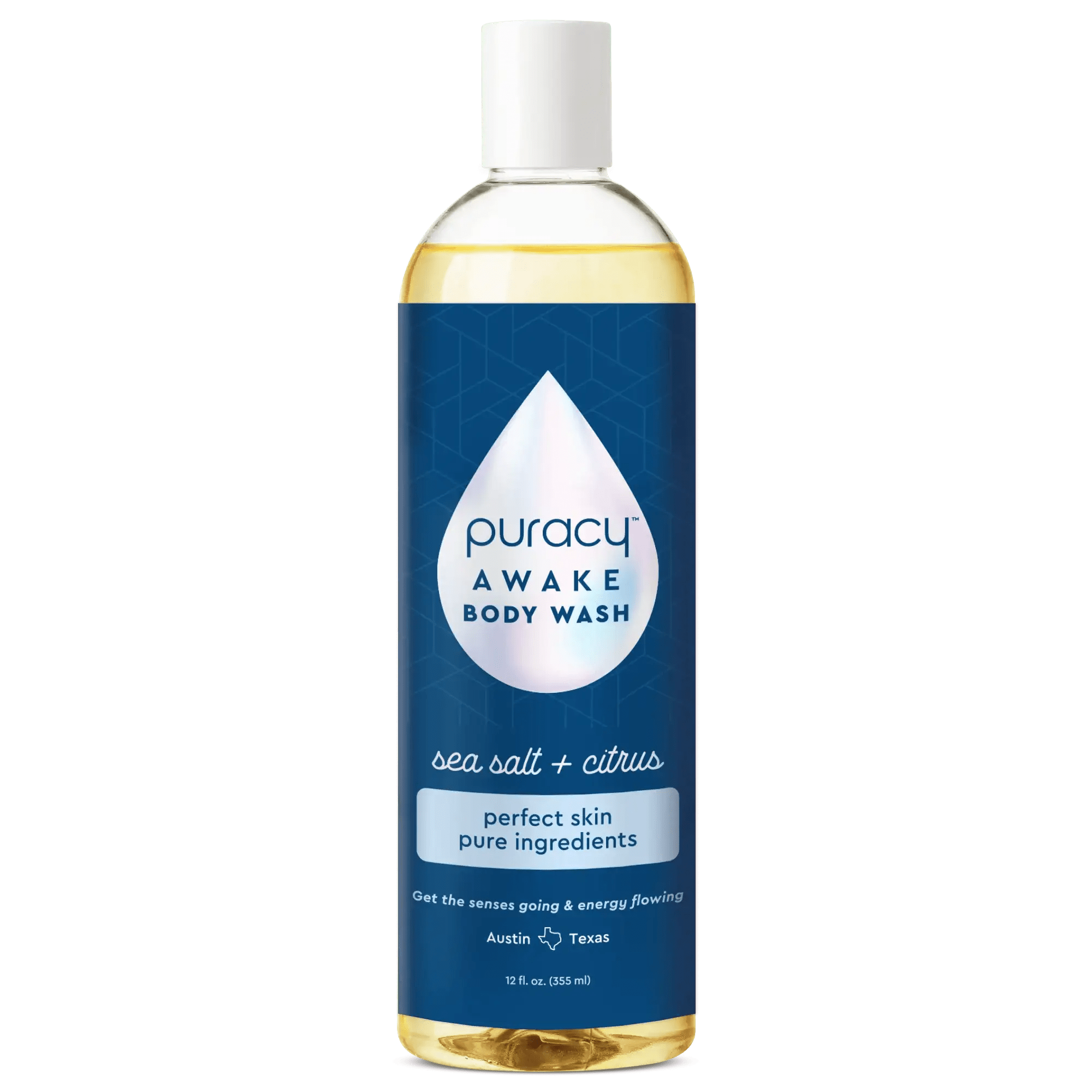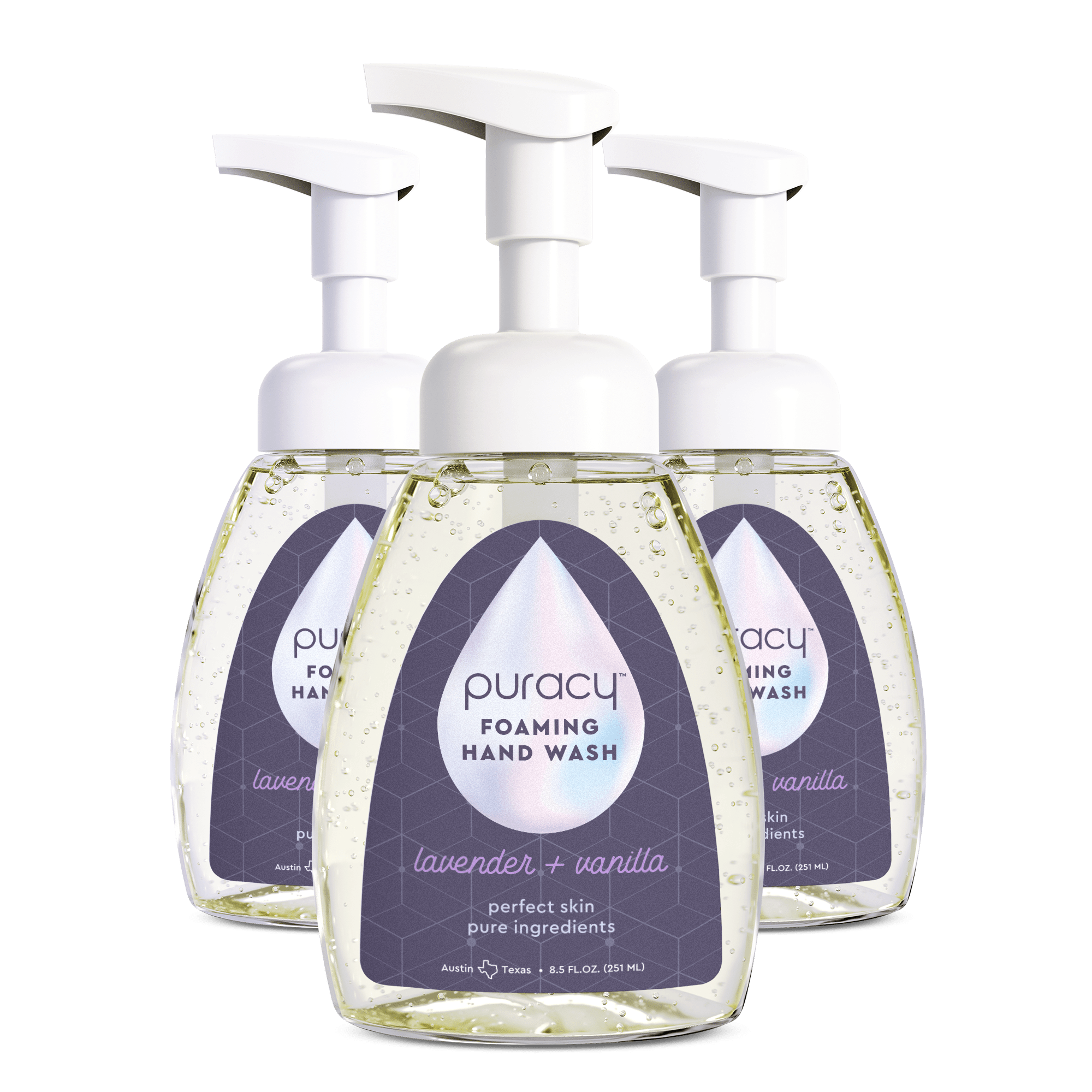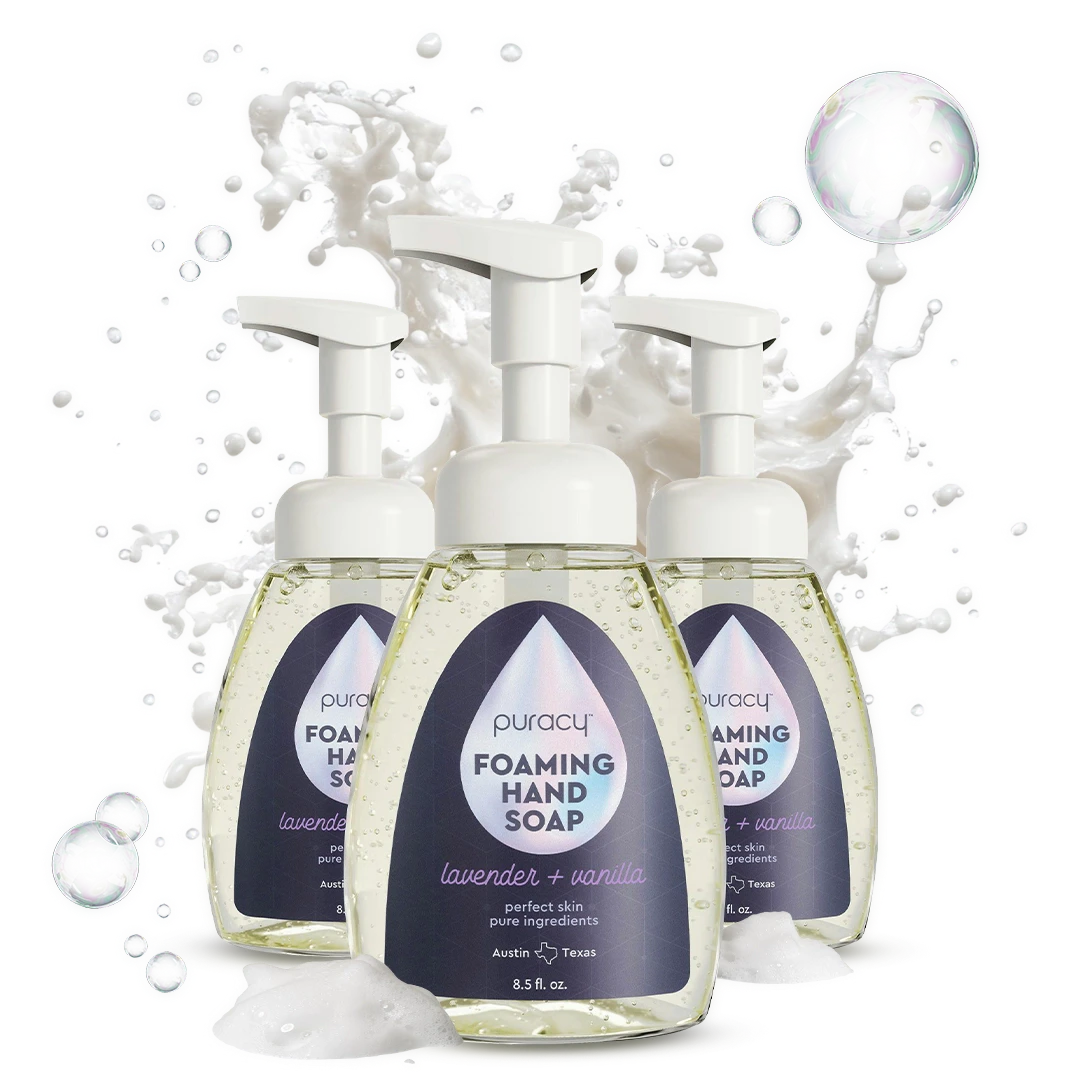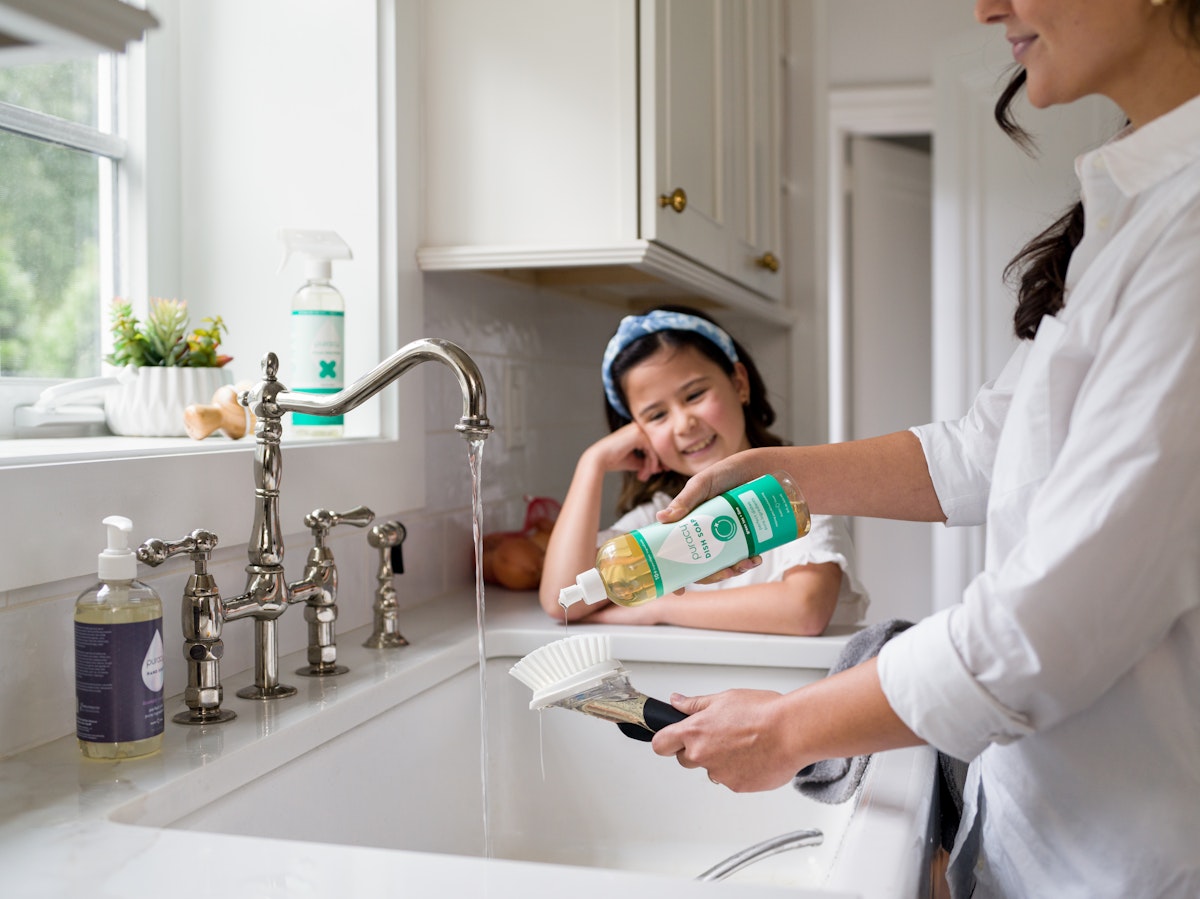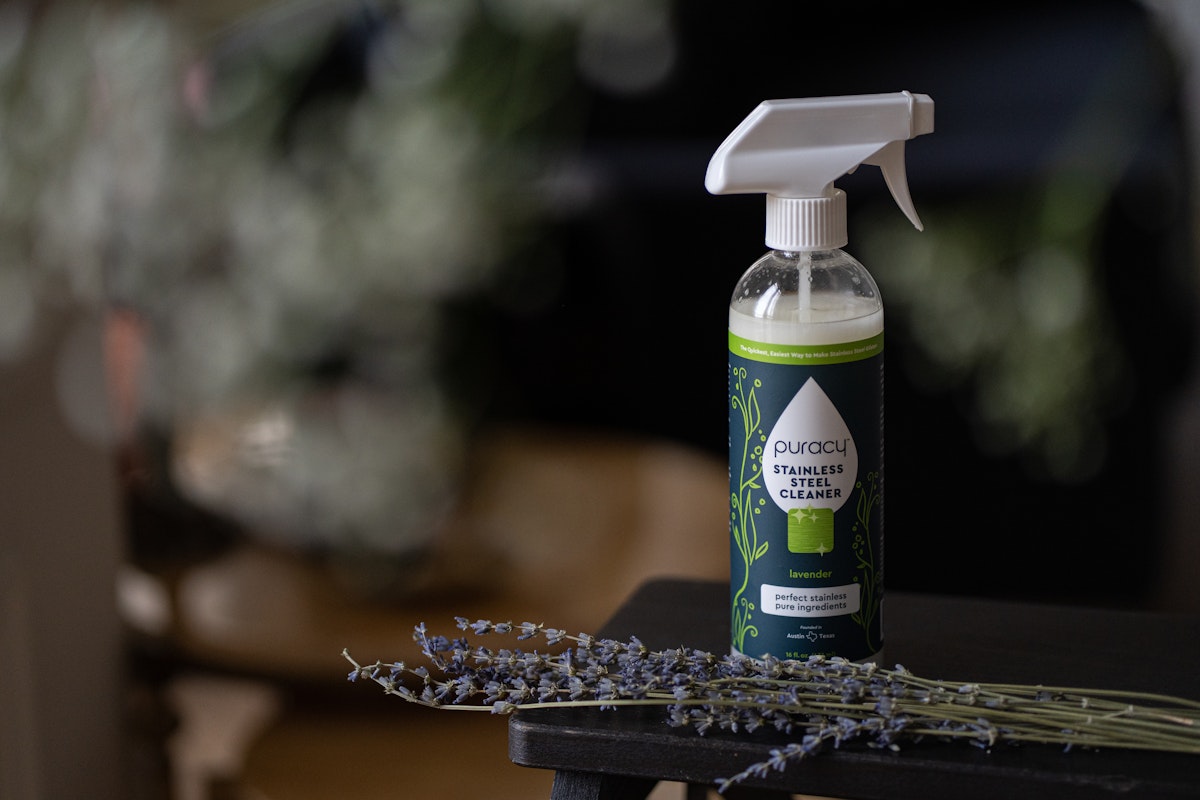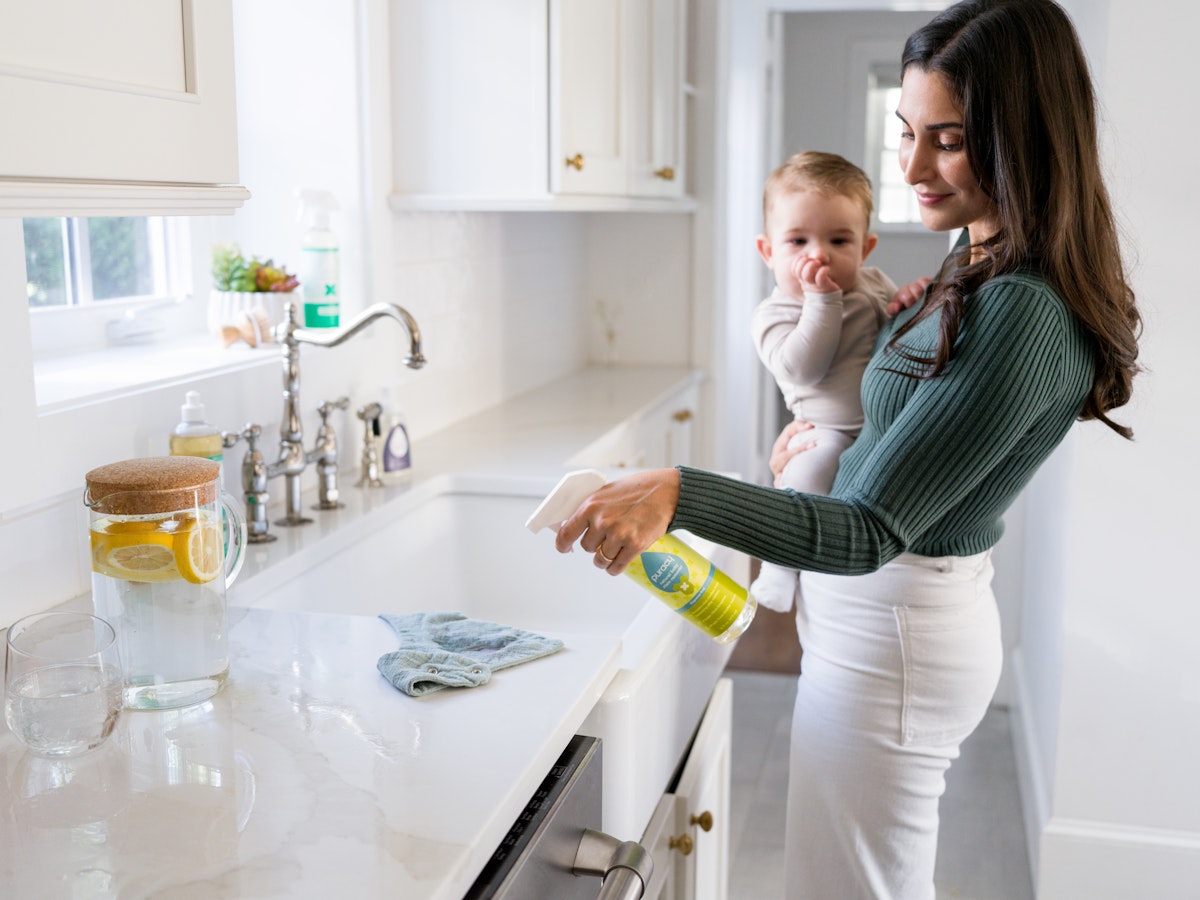
How to Clean Your Oven without Harsh Ingredients
Cleaning the oven doesn’t have to be a task that involves harsh chemicals and their lingering smells. What if we told you that you could achieve a sparkling clean oven using natural, non-toxic ingredients? In this guide, we'll walk you through the steps of cleaning your oven without resorting to harsh chemicals.
Why You Should Avoid Harsh Chemicals
Harsh chemicals, commonly found in commercial oven cleaners, can pose health risks and leave behind strong odors. These chemicals may release fumes during and after cleaning, potentially irritating respiratory systems. Choosing alternative, natural cleaning methods not only protects your health but also promotes environmental sustainability.
What You’ll Need
Before diving into the cleaning process, gather the following items:
- Baking soda
- White vinegar
- Lemons
- Salt
- Hydrogen peroxide
- Spray bottle
- Microfiber cloths
- Dish soap
- Old toothbrush
- Natural all-purpose cleaner
Steps on How to Clean (Step-by-Step)

Preparations
- Safety First: Ensure the oven is completely cool and unplugged before starting the cleaning process.
- Remove Oven Racks: Take out oven racks and set them aside for separate cleaning.
DIY Cleaning Solutions

Baking Soda and Vinegar Mixture
- Mix 1 cup of baking soda with water to make a spreadable paste.
- Apply the paste to the interior surfaces, avoiding heating elements.
- Spritz vinegar over the baking soda-covered areas.
- Allow the mixture to fizz for 15 minutes, breaking down grime.
Pro tip: Apply an enzyme-based cleaner for a final touch to break down any remaining organic matter.
Lemon and Salt Paste
- Squeeze the juice of two lemons into a bowl.
- Add salt to make a thick paste.
- Spread the paste inside the oven and let it sit for 20 minutes.
- The natural acidity of lemons helps break down grease.
Hydrogen Peroxide and Baking Soda Concoction
- Mix 1 cup of hydrogen peroxide with 2 tablespoons of baking soda.
- Apply the mixture to stains, letting it sit for 30 minutes.
- Wipe away the residue with a damp cloth.
Pro tip: Wipe the interior with damp microfiber cloths and ensure the oven is completely dry before replacing the racks.
Dish Soap and Warm Water Solution
- Create a mixture of warm water and a few drops of mild dish soap.
- Apply the soapy solution to grease spots and grime.
- Scrub gently with a sponge or cloth.
Salt and Cinnamon Deodorizer
- Combine salt and cinnamon to create a fragrant deodorizing mix.
- Sprinkle the mixture on the oven floor to neutralize odors.
- Let it sit for a few hours before wiping away.
Pro tip: Use an old toothbrush for detailed scrubbing in corners and edges.
How to Remove Caked-on Stains and Debris
- For persistent stains, create a thick paste of baking soda and water.
- Apply the paste to the stains and leave it overnight.
- Scrub the loosened debris with a brush the next day.
Tips for Maintenance

- Regular Wipe Downs: Wipe spills and splatters as soon as the oven cools.
- Use Oven Liners: Consider using oven liners to catch drips and prevent them from baking onto surfaces.
- Check Seals and Gaskets: Regularly inspect the oven door seals and gaskets for any signs of wear or damage. Replace them if necessary.
- Ventilation Inspection: Ensure that the oven's ventilation system is clear and functioning correctly. This prevents the buildup of smoke and odors.
- Avoid Aluminum Foil: Refrain from lining the oven with aluminum foil, as it can interfere with airflow and heat distribution.
- Empty Crumb Tray: If your oven has a crumb tray, empty it regularly to prevent the accumulation of debris.
- Seasonal Deep Clean: Schedule a deep clean at least twice a year, especially before the holiday cooking season and after extended periods of non-use.
- Mind the Control Panel: Wipe down the control panel regularly, taking care not to let liquids seep into the electrical components.
- Run a Self-Clean Cycle: If your oven has a self-clean feature, use it periodically to tackle any remaining residue.
- Store Baking Sheets Properly: Avoid storing baking sheets and pans in the oven when not in use, as this can lead to the accumulation of grime.
- Replace Filters: If your oven has a vent filter, replace it regularly to maintain proper ventilation.
FAQs
Are these methods safe for self-cleaning ovens?
Yes, these methods are safe for self-cleaning ovens. However, avoid excessive use of vinegar on rubber gaskets.
Can I use these solutions on the oven door glass?
Absolutely! Baking soda and vinegar are effective for cleaning glass surfaces without leaving streaks.
How often should I clean my oven?
Aim for a deep clean every three to six months. Regular maintenance after each use will make the process easier.
